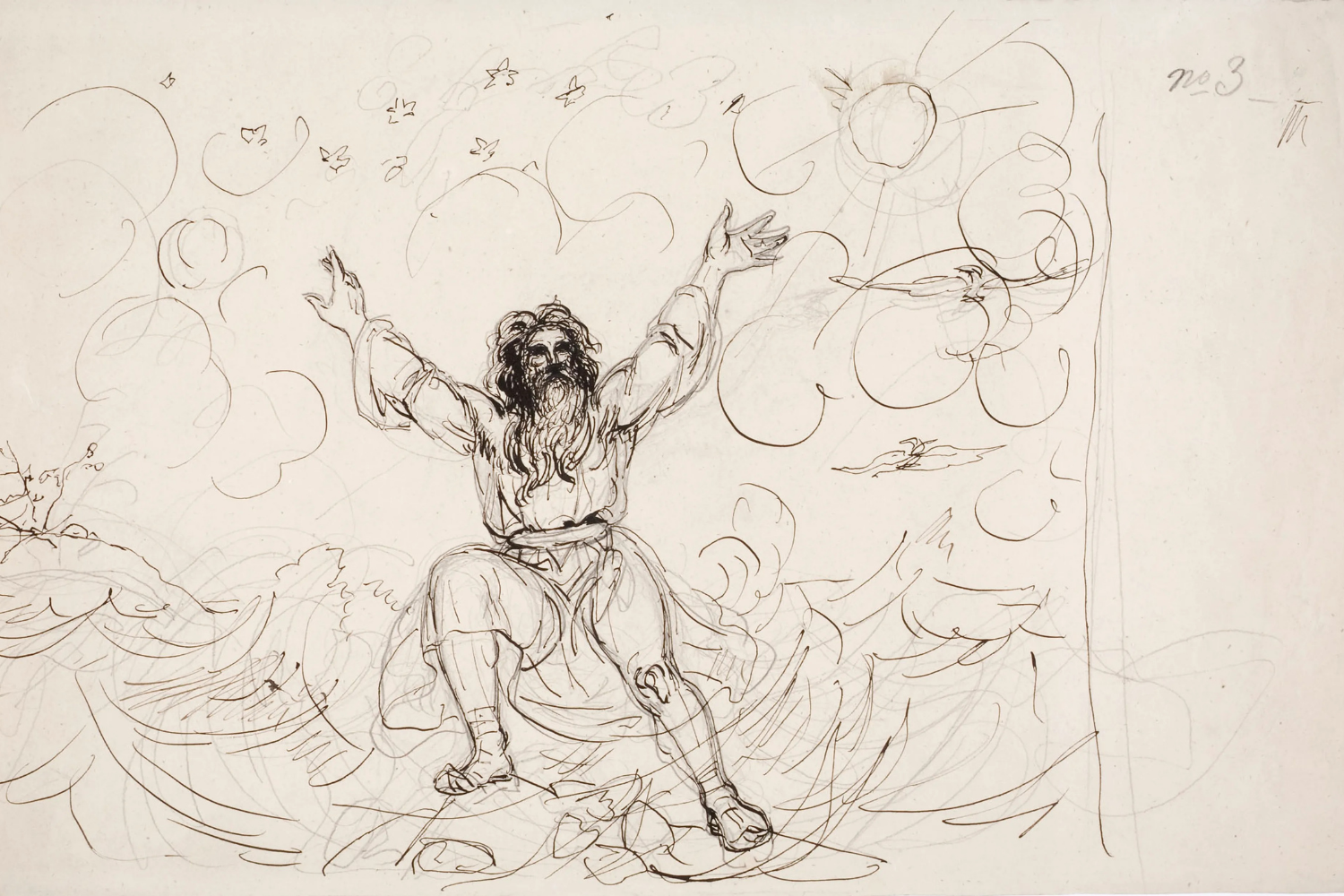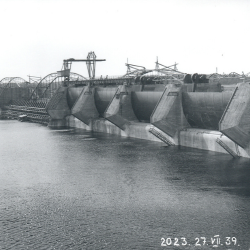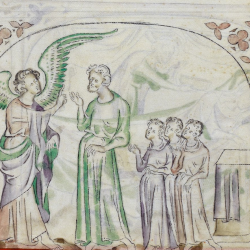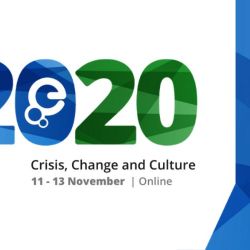
2020 was an enormous year for the Europeana Foundation. Not only did our staff, partners and organisations face the many challenges of the COVID-19 pandemic, we also achieved a huge amount together. A new five-year strategy. Governance changes to all three organisations that make up the Europeana Initiative. Improvements to the structure and content of our two websites. A new all-digital events programme. And much more.
Thank you to all who have contributed their time, expertise and energy over a very difficult period.
COVID-19 AND THE NEW NORMAL
The people, networks and organisations that form the Europeana Initiative came together in solidarity to help the cultural heritage sector to keep working, to keep talking and to innovate, preparing us for longer-term changes.
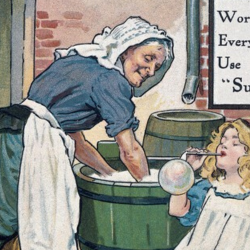
Ideas for digital engagement in the time of COVID-19
Learn more about Ideas for digital engagement in the time of COVID-19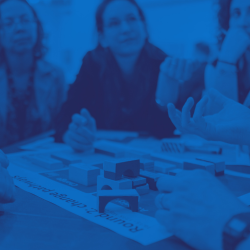
Building Digital Capacity: sense-making findings and outcomes
Learn more about Building Digital Capacity: sense-making findings and outcomes.png)
Coming together in isolation - mobilising digital transformation in the face of COVID-19
Learn more about Coming together in isolation - mobilising digital transformation in the face of COVID-19STRATEGIES FOR DIGITAL TRANSFORMATION
Published in spring 2020, the Europeana Strategy 2020-2025 sees Europeana focus on a single task: supporting the digital transformation of Europe’s cultural heritage sector. We’ve worked together to explore what that means to us and how we’re going to approach it.
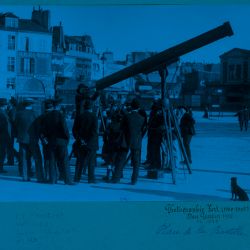
Europeana strategy 2020-2025: Empowering digital change
Learn more about Europeana strategy 2020-2025: Empowering digital change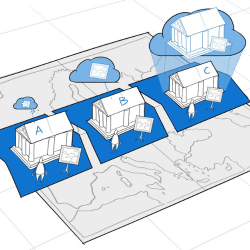
Defining digital transformation for the cultural heritage sector
Learn more about Defining digital transformation for the cultural heritage sector
The digital transformation agenda and GLAMs - Culture24 findings and outcomes
Learn more about The digital transformation agenda and GLAMs - Culture24 findings and outcomesSHAPING ORGANISATIONAL STRUCTURES
All three of the bodies that make up the Europeana Initiative fine-tuned their structures in 2020. The Europeana Foundation restructured its governing board. The Europeana Network Association launched a membership campaign and called for new faces on its Members Council. And the Europeana Aggregators' Forum looked at reshaping its role within the Initiative. Europeana Pro was improved with a new information architecture and visual design to support them.

Europeana Foundation restructures its governance
Learn more about Europeana Foundation restructures its governance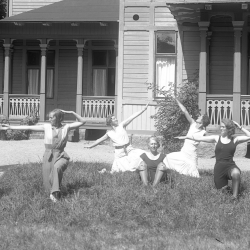
Europeana Network Association welcomes its nine new Members Councillors
Learn more about Europeana Network Association welcomes its nine new Members Councillors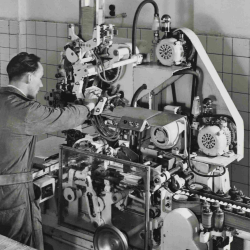
Shaping the role of the Europeana Aggregators' Forum within the Europeana Initiative
Learn more about Shaping the role of the Europeana Aggregators' Forum within the Europeana InitiativeBRINGING DIGITAL CULTURE TO ALL
We made the Europeana website faster and the content more discoverable and accessible (including great developments for newspapers). New content included exhibitions from the European Parliament Archives (in 24 languages) and a focus on Discovering Europe - highlighting Europe’s rich natural beauty and cultural heritage. And our annual GIF IT UP competition this year included partners from Japan.
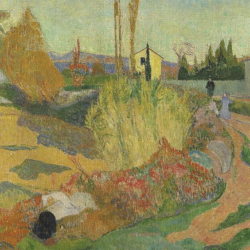
Introducing Europeana's ‘Discovering Europe’ season
Learn more about Introducing Europeana's ‘Discovering Europe’ season
European Parliament Archives to curate 20 original exhibitions over four years in 24 languages
Learn more about European Parliament Archives to curate 20 original exhibitions over four years in 24 languagesINNOVATIONS
Artificial intelligence and 3D technologies remained areas of close focus alongside our core work to improve data quality. Close working with aggregators and Generic Services projects gave us innovative solutions for providing higher-quality data and metadata enrichments, complementing our new aggregation and multilingual strategies.
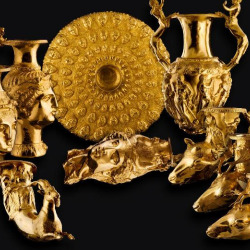
Looking back in 2020: how Europeana Generic Services bring value for the cultural heritage sector
Learn more about Looking back in 2020: how Europeana Generic Services bring value for the cultural heritage sectorEUROPEANA EDUCATION AND RESEARCH
Europeana Classroom launched with 300+ resources for educators and learners. We ran the Europeana MOOC in five European languages, translated our education handbook into six different languages, organised case studies, events and a challenge for students across Europe.
We continue to gain insight into researchers’ needs and to provide resources connecting the cultural heritage and research sectors, as showcased by our case study on our partnership with CLARIN.
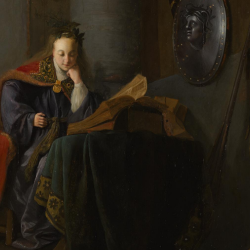
Five years promoting innovative learning with digital cultural heritage
Learn more about Five years promoting innovative learning with digital cultural heritage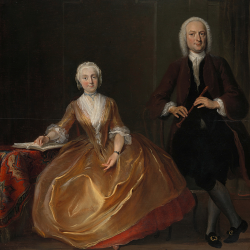
Announcing the winners of #reinventingBeethoven - an educational challenge
Learn more about Announcing the winners of #reinventingBeethoven - an educational challenge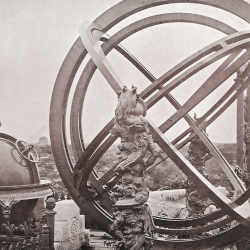
Exploring new resources in CLARIN’s Virtual Language Observatory
Learn more about Exploring new resources in CLARIN’s Virtual Language ObservatoryEVENTS
Closed doors meant our events had to go online. Webinars and workshops explored topics from Audience engagement and Copyright to Impact, Research and Tech. We learnt fast and produced a guide to help others. And we held our first entirely online conference. Over 900 cultural heritage professionals from across the globe joined Europeana 2020: Crisis, Change and Culture for three days of talks, discussions and workshops with over 70 speakers and more than 50 sessions.

Europeana guide to organising online events
Learn more about Europeana guide to organising online events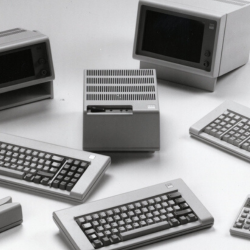
Digital is here to stay: the impact of ‘the new normal’ on meetings and events
Learn more about Digital is here to stay: the impact of ‘the new normal’ on meetings and eventsDownload the Europeana Foundation Annual Report 2020 as a PDF below.
- EF_Annual report and Accounts_2020_V1.2.pdfDOWNLOAD - Europeana_Professional/Publications/EF_Annual report and Accounts_2020_V1.2.pdf
